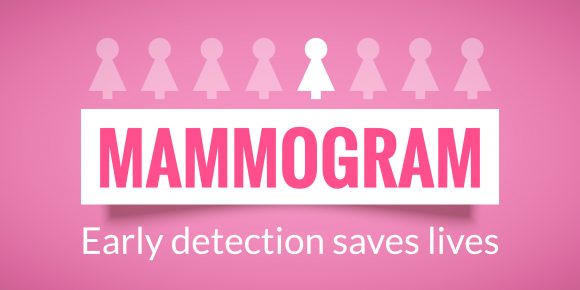
Colorectal cancer is a type of cancer called colon or rectal cancer, depending on where they start. Most of the large intestine is made up of the colon, a muscular tube about 5 feet (1.5 meters) long.
The function of the colon is to absorb water and salt from the remaining food matter after it goes through the small intestine. The waste matter that’s left after going through the colon then goes into the rectum. The rectum is the final 6 inches (15cm) of the digestive system. Waste is stored there until it passes through the anus. A ring-shaped muscle also called a sphincter that is present around the anus, keeps stool from coming out until they relax during a bowel movement.
How does colorectal cancer start?
In most cases, colorectal cancer starts as a growth on the inner lining of the colon or rectum. These growths are called polyps that can change into cancer over time.
But not all polyps become cancer. The chance of a polyp turning into cancer depends on the type of polyp. Other factors that can make a polyp to contain cancer or increase the risk of colorectal cancer are:
- A polyp that is larger than 1 cm
- Presence of more than 3 polyps
- If dysplasia is seen in the polyp after it’s removed
Dysplasia is another pre-cancerous condition wherein there appears an area in a polyp or in the lining of the colon or rectum where the cells look abnormal, but they haven’t become cancer.
Symptoms of colorectal cancer
Signs and symptoms of colon cancer include:
- A persistent change in your bowel habits, including diarrhoea or constipation or a change in the consistency of your stool
- Rectal bleeding or blood in your stool
- Persistent abdominal discomfort like cramps, gas or pain
- A feeling that your bowel doesn’t empty completely
- Weakness or fatigue
- Unexplained weight loss
With colorectal cancer, the most common symptom is no symptoms. That’s why colorectal cancer is called the silent killer. So, if you’re 45 and at average risk, get screened! Screening is the No. 1 way to prevent or detect this disease early when it’s most treatable. With early detection, CRC has a 90% survival rate.
Lourdes Dept. Of Oncology
The Department of Oncology offers comprehensive care for the management of all types of Cancers, in both adults and children. Our team of internationally and nationally trained Medical, Surgical, and Radiation Oncologists provides patients with optimal, evidence-based, and customised treatment plans. Get access to Lourdes multi-disciplinary approach and state-of-the-art diagnostic and therapeutic technology. We care for you!




